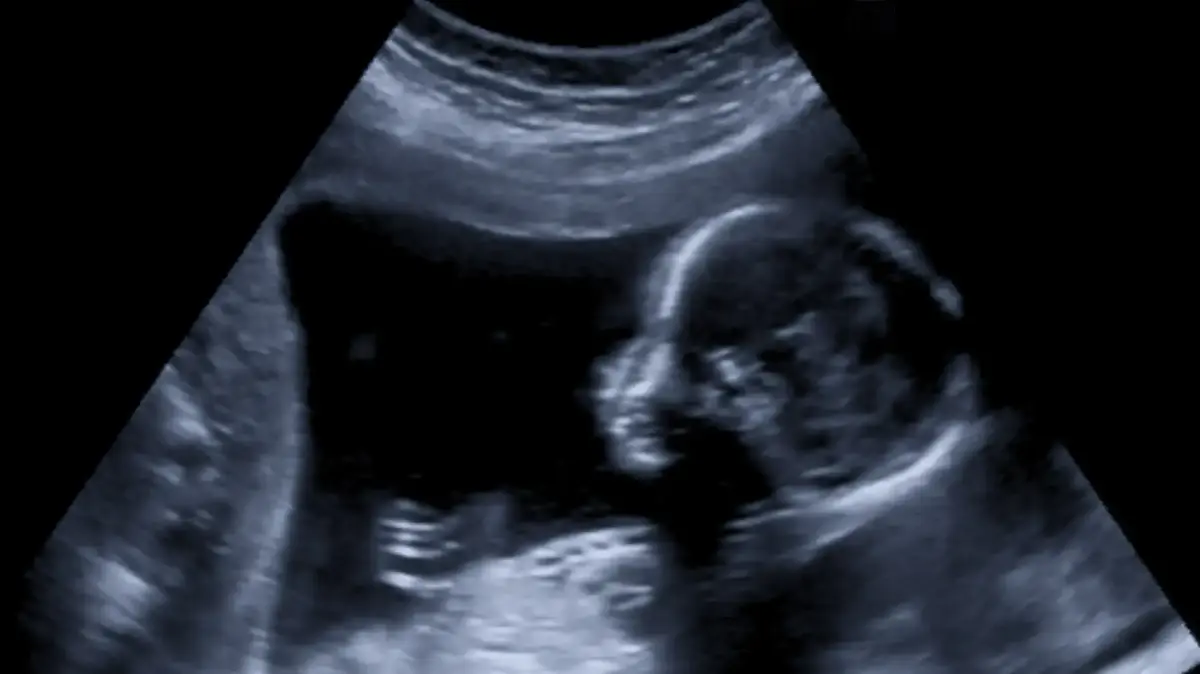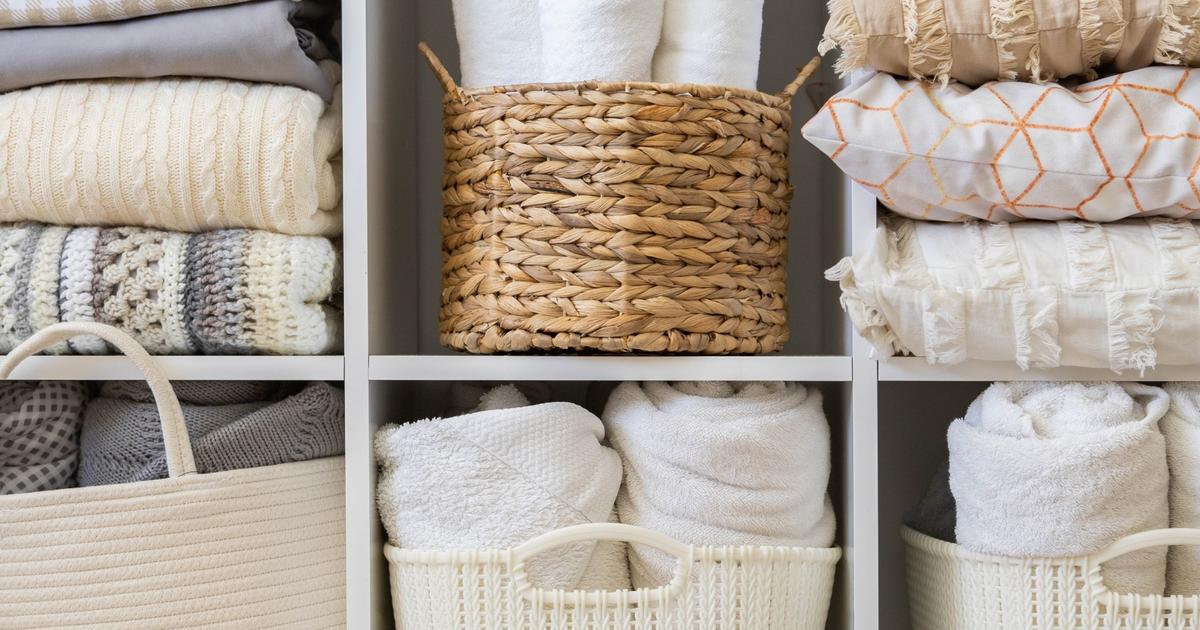If you have a hard time letting go of things because you feel you need them to the extreme of living in conditions where you can't even move, it could seem like compulsive accumulation disorder , which affects more than three million Americans and 4% of the population. world.
But what is this condition all about and how might it affect you? Ángeles Wolder , a specialist in behavioral disorders, explains it to us.
The expert explained to A New Day that people with this condition tend to keep and conserve any type of object, such as boxes, boats, glass bottles, wrappers, among others, to such a degree that they do not want to part with anything and feel anguish and anxiety every time you think someone is going to throw something at you.
According to Wolder, accumulators are people who have had a partner and a family, but since this type of behavior affects coexistence, they end up ending up alone.
This loneliness, he says, is the worst companion for these situations, because when someone feels lonely or abandoned, any of the stored objects works as a company.
In addition to feelings of deep loneliness, they may experience other serious mental problems, such as an anxiety attack and even depression.
According to the expert, the first thing a person begins to save could give us an indication of the trauma from which they began to accumulate.
For example, a newspaper could mean they had to find out something and it didn't happen, like a job. Other times, they can keep animals, because for them they were a source of unconditional love and they have lost it.
In this way, Wolder affirms that the element that they keep has to do with the traumatic event, but, above all, it refers to loneliness, abandonment and separation.
Mayo Clinic describes Hoarders or Compulsive Accumulation Disorder as a persistent difficulty in disposing of or separating from belongings, as there is a perception that they must be stored.
Those who suffer from it are distressed at the idea of getting rid of them, and their houses can be completely full and with narrow corridors.
For example, tables, sinks, kitchen, desks, stairs, and virtually all other surfaces are often crowded with things and when there is no more room inside, the clutter can spread to the garage , vehicles, the yard and other storage locations.
This disorder can range from mild to severe. Therefore, in some cases, it may not affect the life of the affected person, while in others it seriously damages their daily functioning.
It often begins around the age of 11-15 and early adulthood, and as the person grows older they generally begin to acquire things for which there is no immediate need or sufficient space.
According to experts, when adulthood is reached, the symptoms are often severe and can be more difficult to treat, since those affected may not see it as a problem.
Personality, family history, and stressful life events such as the death of a loved one, a divorce, an eviction, or losing possessions in a fire are your risk factors.
Acquiring and storing an excessive amount of objects, gradually accumulating clutter in living spaces, and having difficulty disposing of things are often the first signs of this condition, but may also include:
1. Having a persistent difficulty in disposing of or disposing of your things, regardless of their real value.
2. Feeling the need to put these objects away and anguish when thinking about getting rid of them.
3. Accumulate clutter to such an extent that the rooms become unusable.
4. Have a tendency to indecision, perfectionism, evasion, procrastination, and planning and organization problems.
If not treated in time, it can cause multiple complications, including: family conflicts, loneliness and social isolation, poor performance at work, increased risk of falls, injuries or the risk of getting caught in the middle of articles, and legal problems, such as a eviction due to accumulation of objects.
Mayo Clinic claims that many people with this condition may also have other mental health disorders, such as depression, anxiety, obsessive compulsive disorder (OCD), or attention deficit hyperactivity disorder (ADHD).
While there is no known way to prevent it, getting treatment at the first sign that there is a problem may help make compulsive accumulation worse.
See also:
Thalía suffers from this chronic disorder that causes a lot of anguish and stress
The obsessive compulsive disorder that Camila Cabello lives with
ETC: the degenerative disease of the brain that causes behavioral disorders
Related video: Psychiatrists warn that an epidemic of mental disorders is coming, this is what is known




/cloudfront-eu-central-1.images.arcpublishing.com/prisa/XU5TW47UO5E65LAD4SJM6DIGU4.jpg)
/cloudfront-eu-central-1.images.arcpublishing.com/prisa/ZNWW3TXOH3G72KGO57EMK3VL3E.jpg)









